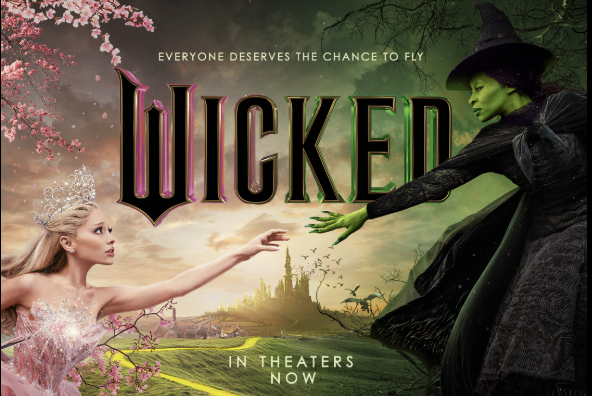Channing Tatum, playing army grunt John Tyree, and Amanda Seyfried as southern belle Savannah Curtis, would appear to be a match made in heaven; however, most scenes lack any chemistry between the two. They meet on a beach when Savannah drops her bag in the ocean and John retrieves it for her, and from then on, they are mesmerized with each other.
Their relationship is dramatically put on pause when John has to return to the army for another year. Savannah, desperate to keep in touch, writes John letters counting down the days until he returns home. With the interruption of 9/11, John extends his tour and leaves Savannah wondering if he will ever come home.
With the importance of autism upped way more in the movie compared to the book, it is hard to say that it was just supposed to be an underlying theme. It’s difficult to tell if the main theme is autism or the struggling love between John and Savannah. John’s father, played by Richard Jenkins, with his flawless performance of a man with a slight case of autism, is the only character who actually makes you feel any emotional attachment to the movie.
Making viewers sick to their stomach at how “cute” John and Savannah are together doesn’t draw you into the plot line; it’s just depressing how two people that beautiful love each other so much and still end up together in the end. Normally a cutesy unrealistic plot line isn’t too much of a bother, but in this case it causes the lack of any sentiment that keeps your attention.
Bearing minimal resemblance to the book, the movie simply comes up short. “Dear John” is a poor adaptation of the usual sappy love story by Nicholas Sparks; normally the movies redeem themselves in the end but “Dear John” never does. This causes it to differ from other book adaptations Sparks like “The Notebook” and “A Walk To Remember,” which keep your attention until the end.









































